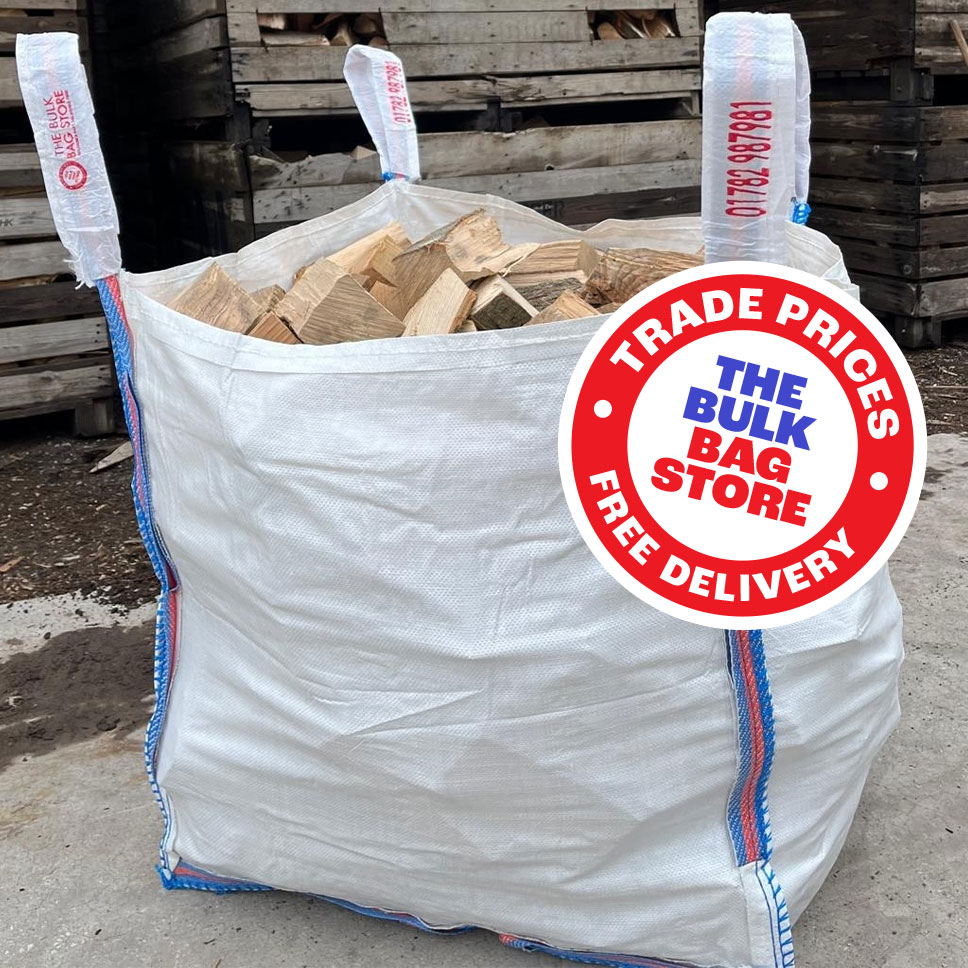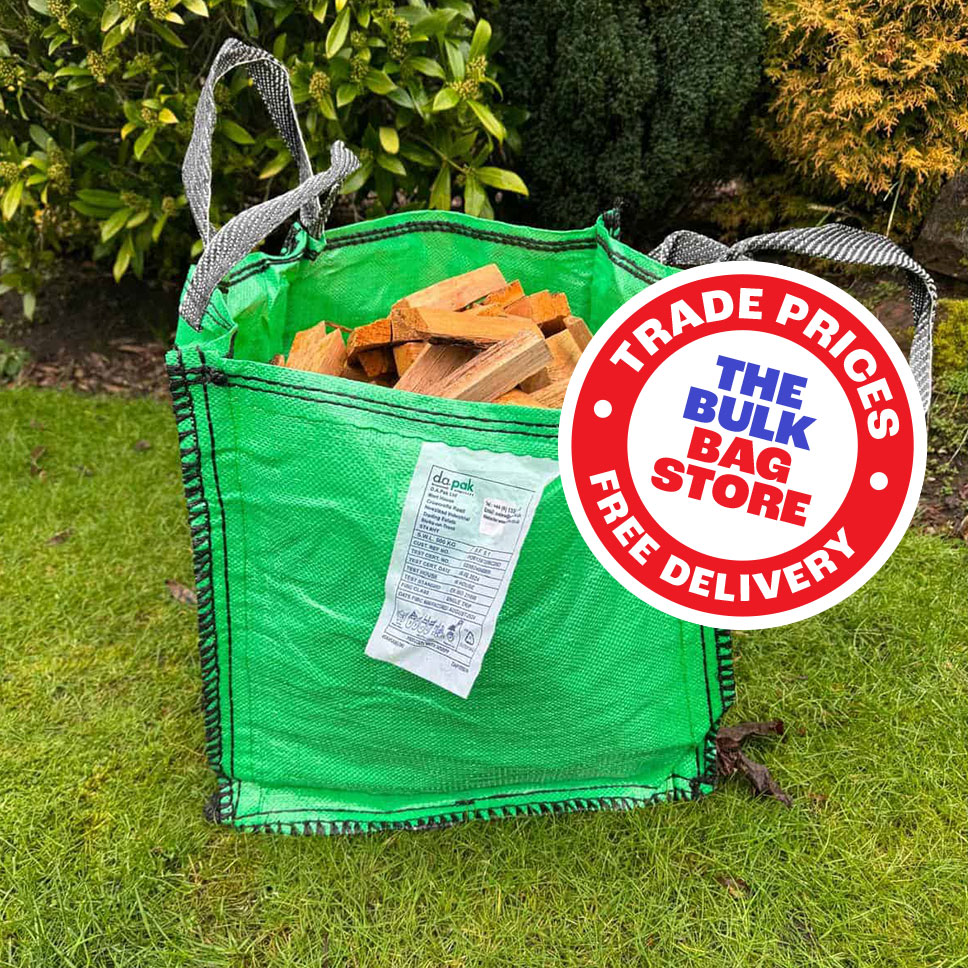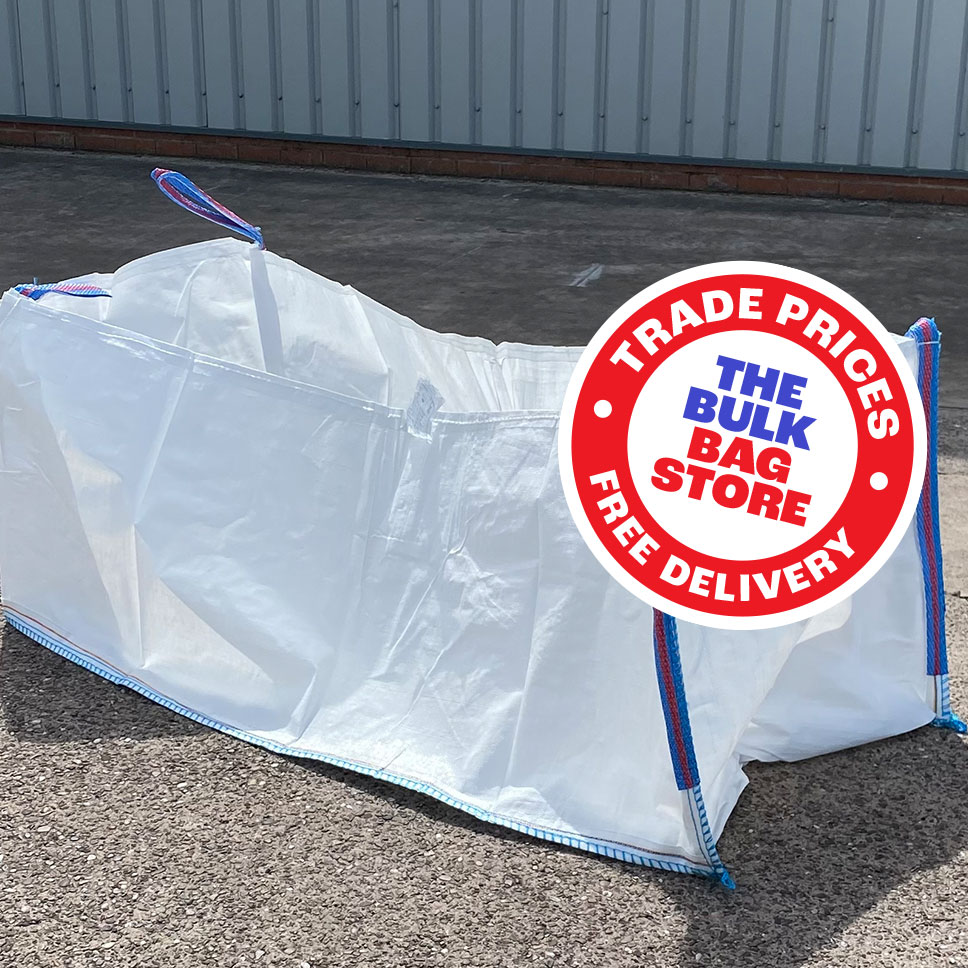Working with bulk bags? Tips from our experts!
For businesses involved in the storing and moving of dry products, Flexible Intermediate Bulk Containers (FIBCs) could be considered essential to operate effectively and efficiently.
Bulk bags have any number of benefits, including affordability and flexibility, with different types of bulk bags being available for different sectors. They are also incredibly durable if used properly. Here, our experts offer their advice to make sure you can do just that.
1. Filling bags
Make sure your bags are on a flat, solid surface before you fill them. If you have access to a filling mechanism, use that (first checking it is suitable for the bag you are using).
2. Keeping bags stable
Beyond making sure your bags are on a solid, flat surface, make sure they are the right size for their content – a ratio of 2:1 for the width: diameter is ideal.
3. Lifting bags
Make sure you use the right equipment to lift bags. This might be specialist equipment or a forklift truck. If you use a forklift, get in front of the bag and lift using the bag’s loops, making sure they aren’t twisted before you begin lifting.
4. Using a forklift
If you use a forklift to move bags and those bags are heavy, don’t carry them too high. It is safer for them to stay close to the ground, which means the forklift will be more stable and there is a much lower risk of accidents happening.
5. Using a crane
If you plan on using a crane to move bags, make sure there are no sharp edges before you pick up the bag, which could cause it to split and spill its contents. Consider using specialist equipment too, such as safety hooks, which will make it easier, and safer, to lift the bags.
6. Keeping bags straight
If a bag is twisted, it will be harder to lift and move, and it could also get damaged in the process. It’s important, therefore, to make sure that the handles are in the right position before beginning to move your bags and that the side and base are squared off.
7. Storing bags
For filled bags, store them on racks or pallets. If they are stored outside, cover them to keep the contents dry. If the content needs to be protected in a specific way, e.g. if you are storing pharmaceuticals, make sure you have a suitable space before filling the bags that meet any legislative or regulatory requirements.
For empty bags, make sure they are clean and dry before putting them in storage. If they are being kept outdoors, cover them to protect them from the rain, wind and sunlight.
8. Emptying bags
Empty your bags in the way they were designed to be emptied. If they have a spout, for example, use that, don’t just tip the bag over. While you’re emptying the bag, keep an eye on it, reducing the chance of something going wrong, such as the contents spilling, for example.






